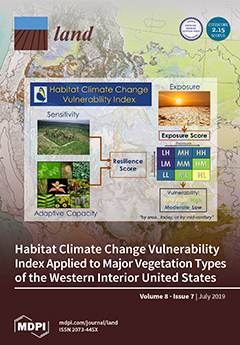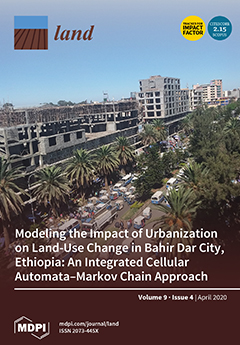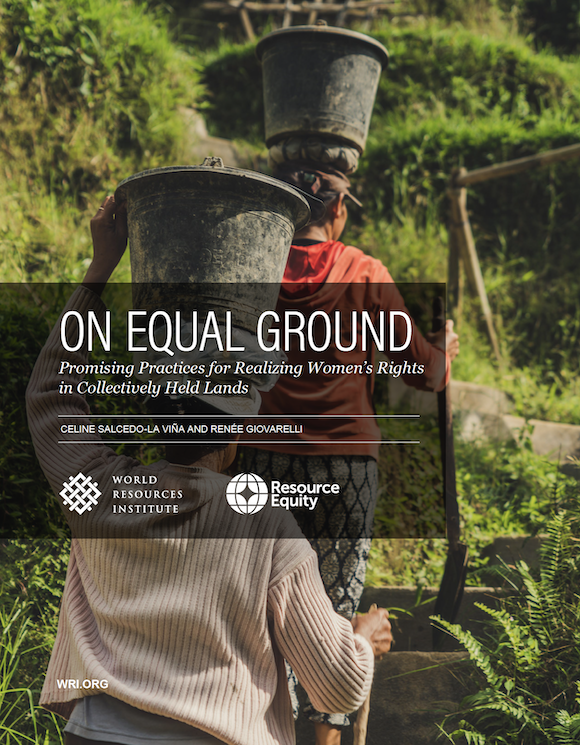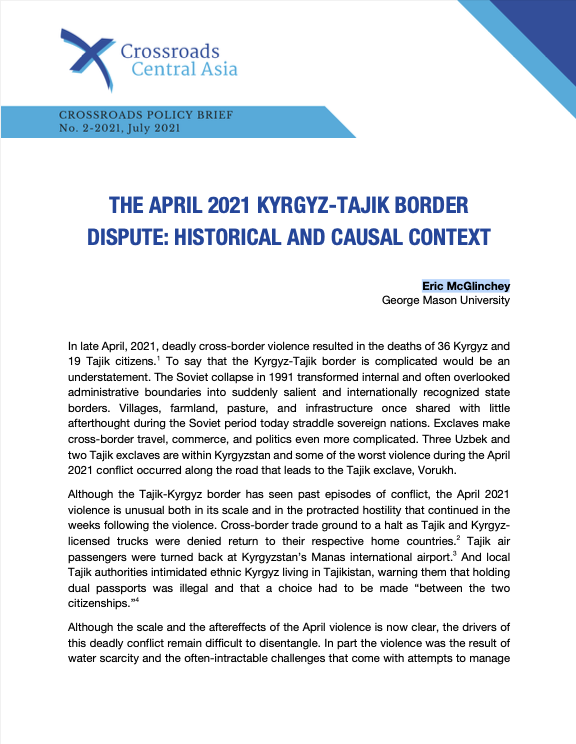Liberal Contracts, Relational Contracts and Common Property: Africa and the United States
The core thesis is that Western neoclassical economics and law (particularly Anglo-American) have a peculiar cultural history that biases Western-trained economists and lawyers against common property systems like those found among Africans and American Indians. This Western cultural bias is expressed through the recurrent focus on individuals as atomistic and independent of each other in contract and property law, as well as in economic theory.










